Jamais fomos modernos (Latour 1994 [1991])
LATOUR, Bruno. 1994. Jamais fomos modernos: ensaio de Antropologia simétrica. (Trad. Carlos Irineu da Costa) Rio de Janeiro: Ed.34. [1991] :::::::::: I – CRISE :. 1. A PROLIFERAÇÃO DOS HÍBRIDOS (p.7) Multiplicam-se os artigos híbridos que delineiam tramas de ciência, política, economia, direito, religião, técnica, ficção. Se a leitura do jornal diário é a reza do homem moderno, quão estranho […]
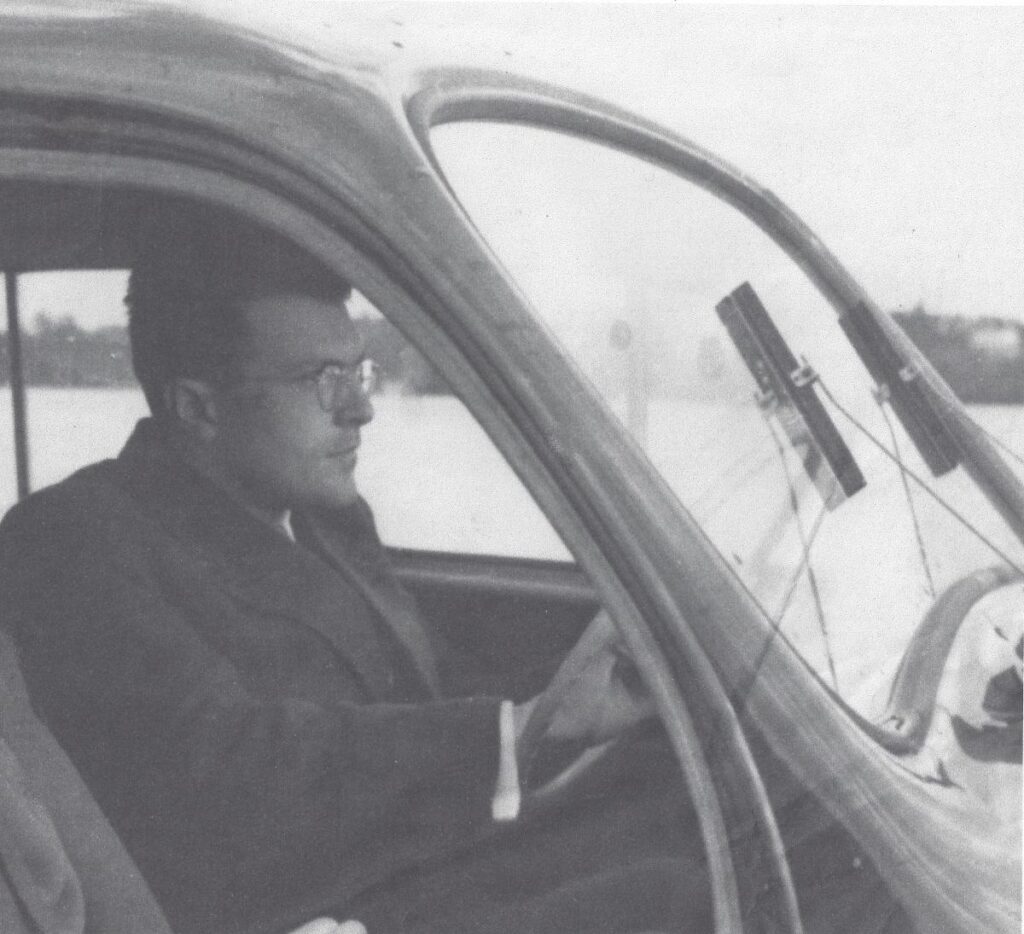
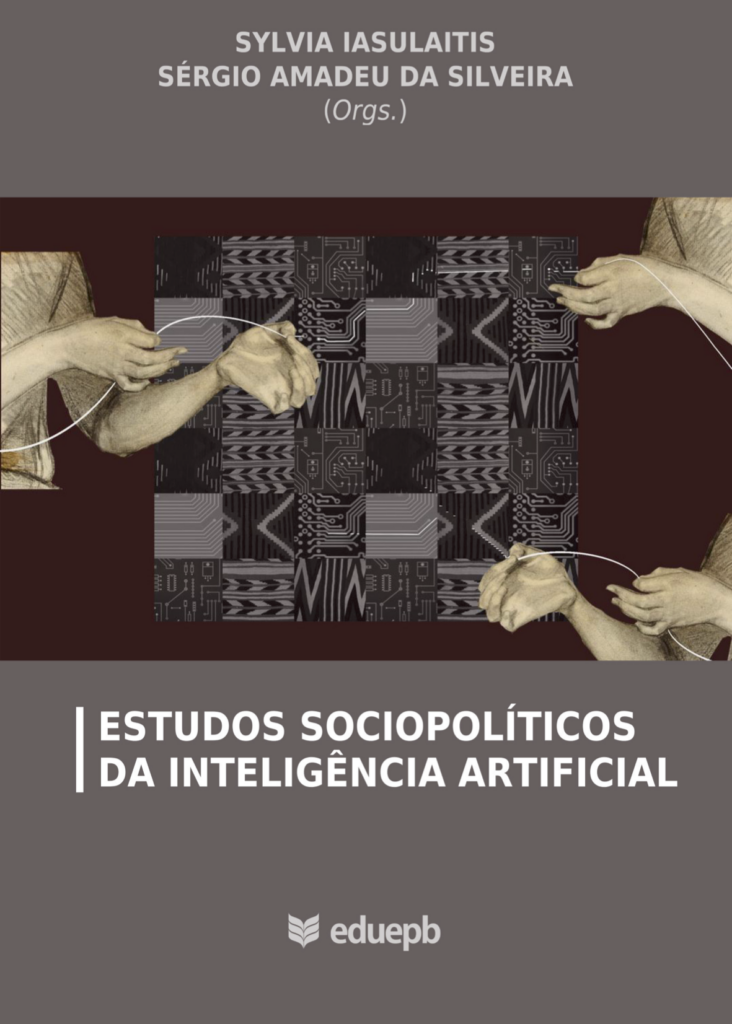


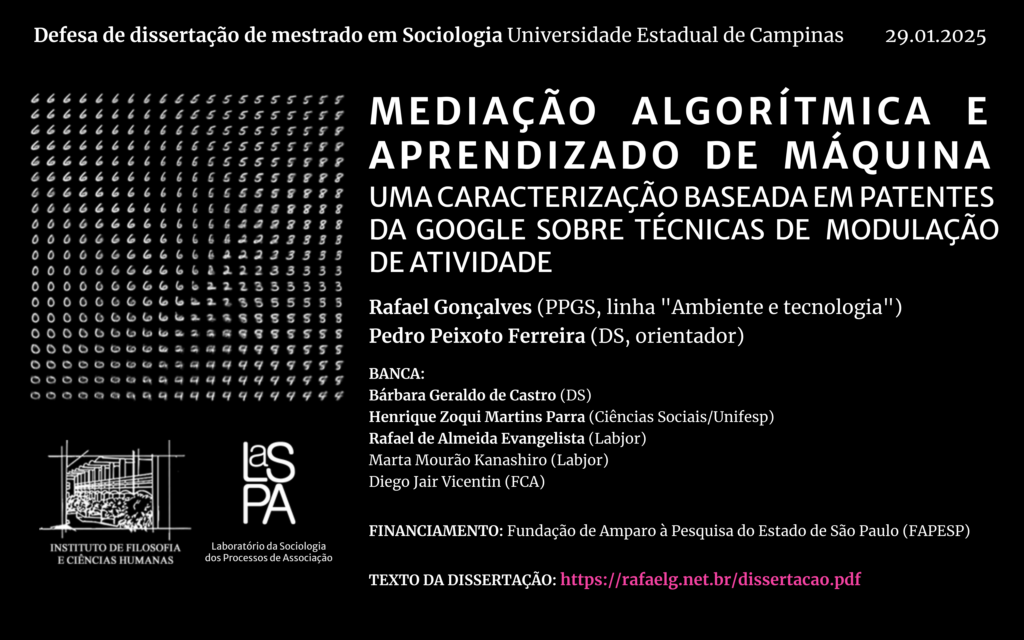
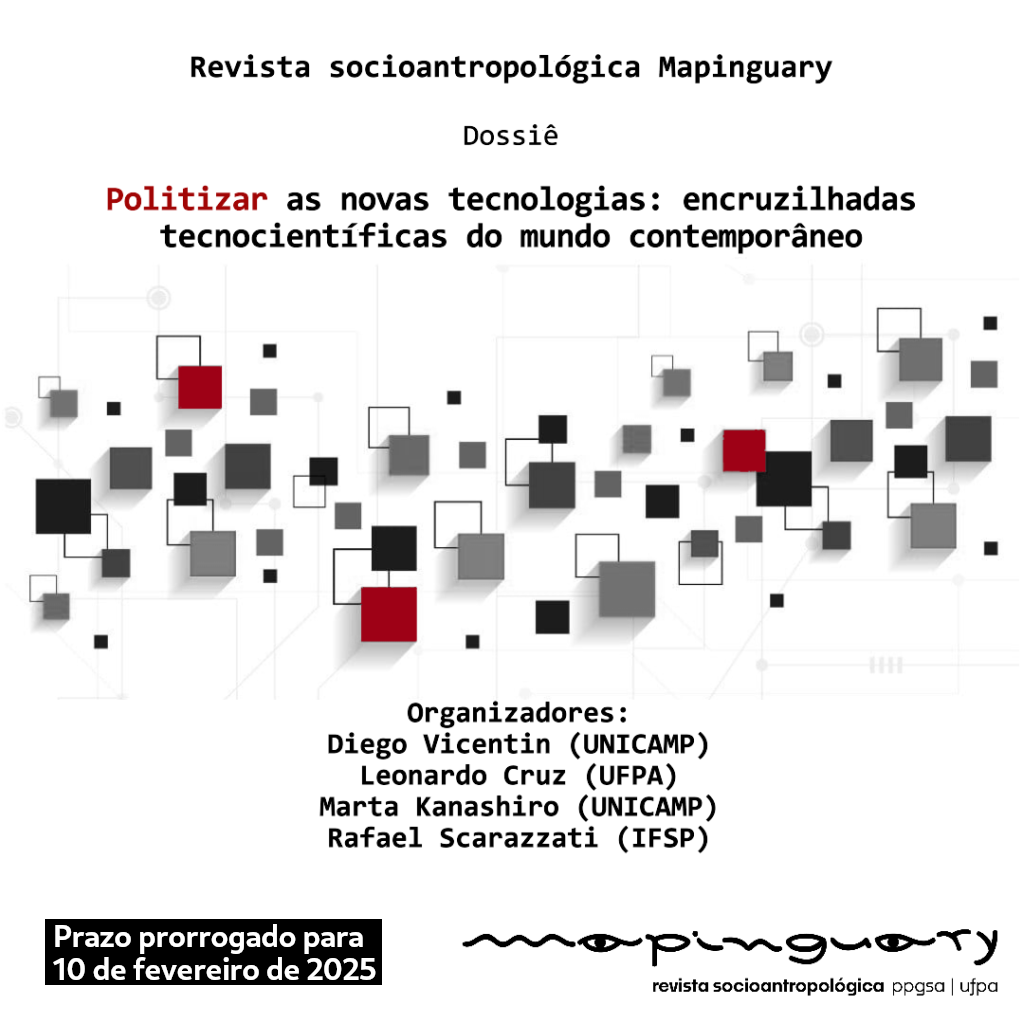
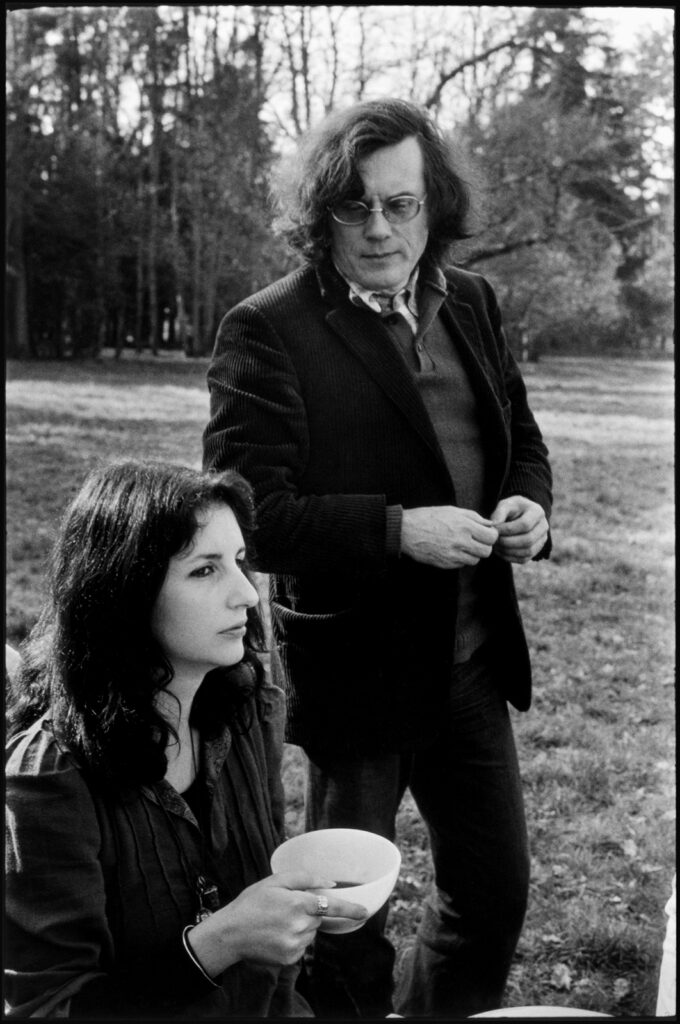
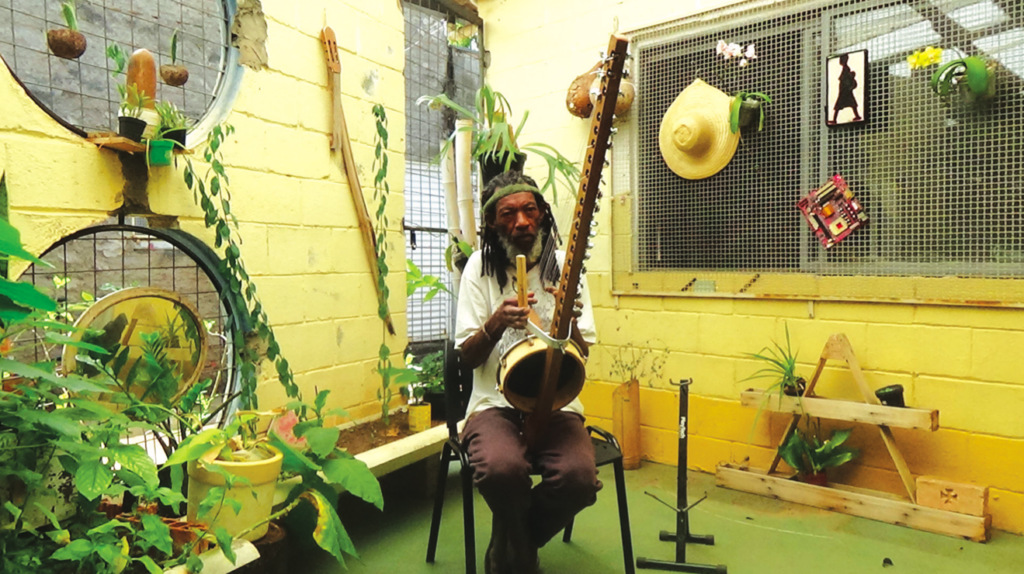
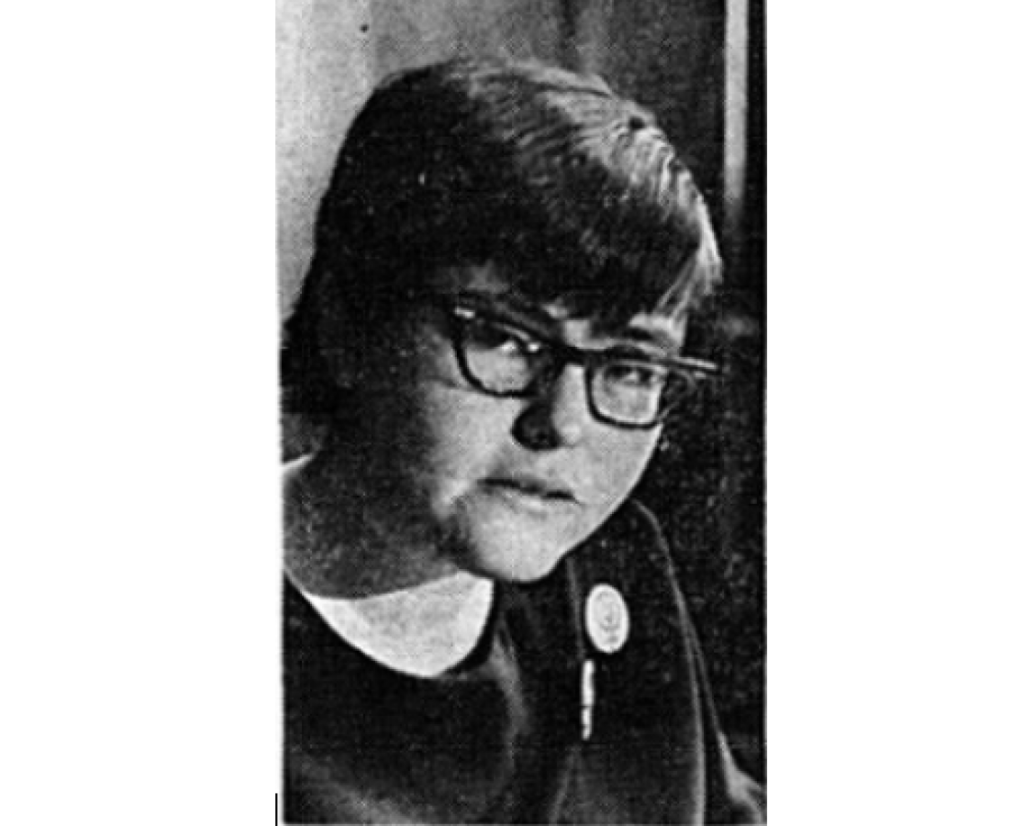

 LaSPA is located at the Institute of Philosophy and Human Sciences (
LaSPA is located at the Institute of Philosophy and Human Sciences (